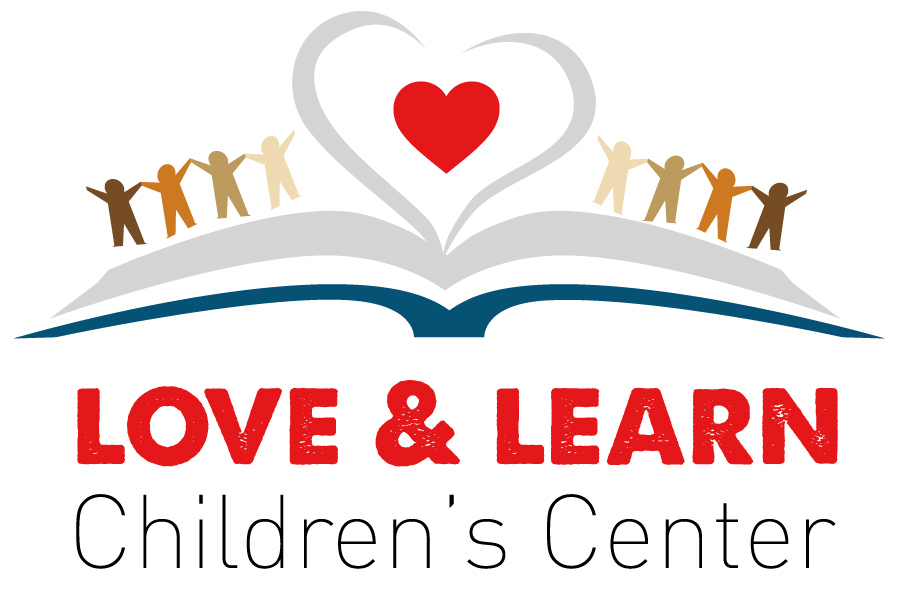Benefits of Bilingualism
It’s never too early to begin learning a language: it’s fun, it promotes healthy development, and the many cognitive and social benefits will last a lifetime. Below are some of the reasons why learning a language puts your child at a significant advantage, and how you can help—whether or not you, the parent, know another language.
- Preschool age is a great time for language learning as it coincides with children’s natural “critical period” for language development. All young children, if given adequate exposure to two languages, can gain well-developed language and emergent literacy skills in both languages.
- Early bilingualism grants benefits such as improved academic outcomes in school, and it boosts certain cognitive skills, such as problem-solving, critical-thinking, and listening skills, in addition to improving memory, concentration, and the ability to multitask. Children proficient in other languages also show signs of enhanced creativity and mental flexibility.
- The cognitive, cultural, and economic benefits of bilingualism are tied to high levels of competence, including listening, speaking, reading, and writing in both languages, as well as the ability to navigate cultural values.
- Exposing children to other cultures brings children, teachers, and families together from diverse language, racial, ethnic, and socioeconomic backgrounds, allowing children to learn about cultures that are different from their own. All the while, they nurture their curiosity, cultural sensitivity, empathy, and tolerance. The experience of learning a language introduces them to the world in ways they might otherwise not have experienced.
- Contrary to popular belief, young children are not confused by the introduction of multiple languages at the same time. Acquiring a second language early in life, primes the brain to learn multiple languages, opening a world of opportunities in their future.
What You Can Do to Help Your Child
-
- Parent involvement is an important element for success in a dual-language program. Whether you are bilingual, or this is your first experience with another language, your support will make a world of difference to your child’s success. You don’t have to be fluent in the language your child is learning to create an encouraging and active learning environment. You can simply:
- Interact with your child as much as possible, every day. Talk, sing, play, recite, celebrate. In what language? Your best language. Talking directly with your child is the surest way to help them build their early vocabulary. Support your child by asking them to share what they did in school today.
- Read to your child as much as possible in your best language but also have a Spanish book selection for your child to read and look through outside of their dual-language program.
- Be Proud! Encourage them as they become bilingual and bicultural. Emphasize how valuable it is to be bilingual and foster an appreciation of language, culture, and different perspectives.
